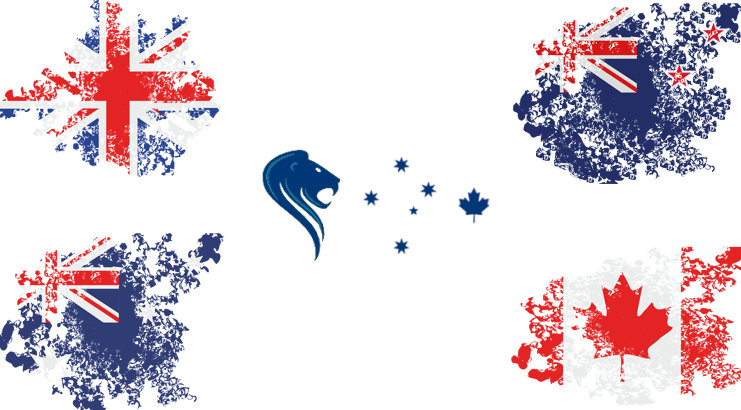The Commonwealth Freedom of Movement Organization (CFMO), which advocates for the free movement of citizens between the United Kingdom, Canada, New Zealand, and Australia under a regional bloc similar to the European Union, has gained media attention in recent months. Such a bloc would enable citizens the option to pursue transnational employment opportunities without prior work permits, and allow citizens of one state to reside in any of the other member states without having to obtain a visa or apply for citizenship. The CFMO argues that the EU’s economic success, and its success in reducing labour shortages, increasing international trade, and improving European relations, are telling of the virtues of a free movement policy.
Free movement between the four aforementioned Commonwealth countries would help to diminish barriers to intra-regional exchanges, as “a significantly vast majority of citizens from [the] four nations either speak English natively, or speak it with professional efficiency as a second language”. English speaking-countries will undoubtedly have more success in attracting immigrants and business from across the member states.
The proposed CFMO petition emphasizes that the ‘loss of national identity’ is an important factor, and as such comes short of branding the citizens of the proposed bloc ‘Commonwealth Citizens’, contrary to the efforts at “Europeanization” currently underway in the EU. Instead, James Skinner, the founder of the CFMO, argues that “we can open our borders, yet still remain independent and sovereign”. However, the four targeted nations are unique as they share a common language and cultural traditions, along with a similar legal system and head of state. “It is therefore unreasonable for each [member country] to not share the same economic, political and cultural benefits that a free movement policy would bring”, claims Skinner.
A good example of a mobility zone which is governed under principles similar to those proposed by the CFMO is the Trans-Tasman Travel Arrangement (TTTA), which governs transnational immigration and trade between Australia and New Zealand. The TTTA “allows citizens the freedom to travel, live, and work between the two nations. However, voting rights and access to social security have been limited for New Zealanders in Australia (and vice-versa) until an application for permanent residency [is] granted by the respective host country”.
A free movement initiative, such as the one proposed by the CFMO, could take several years to implement. It would be at the discretion of each individual country to determine the rate at which it would relax its border laws and reduce barriers to immigration, although the CFMO hopes to achieve significant developments on this front by the end of the decade.




